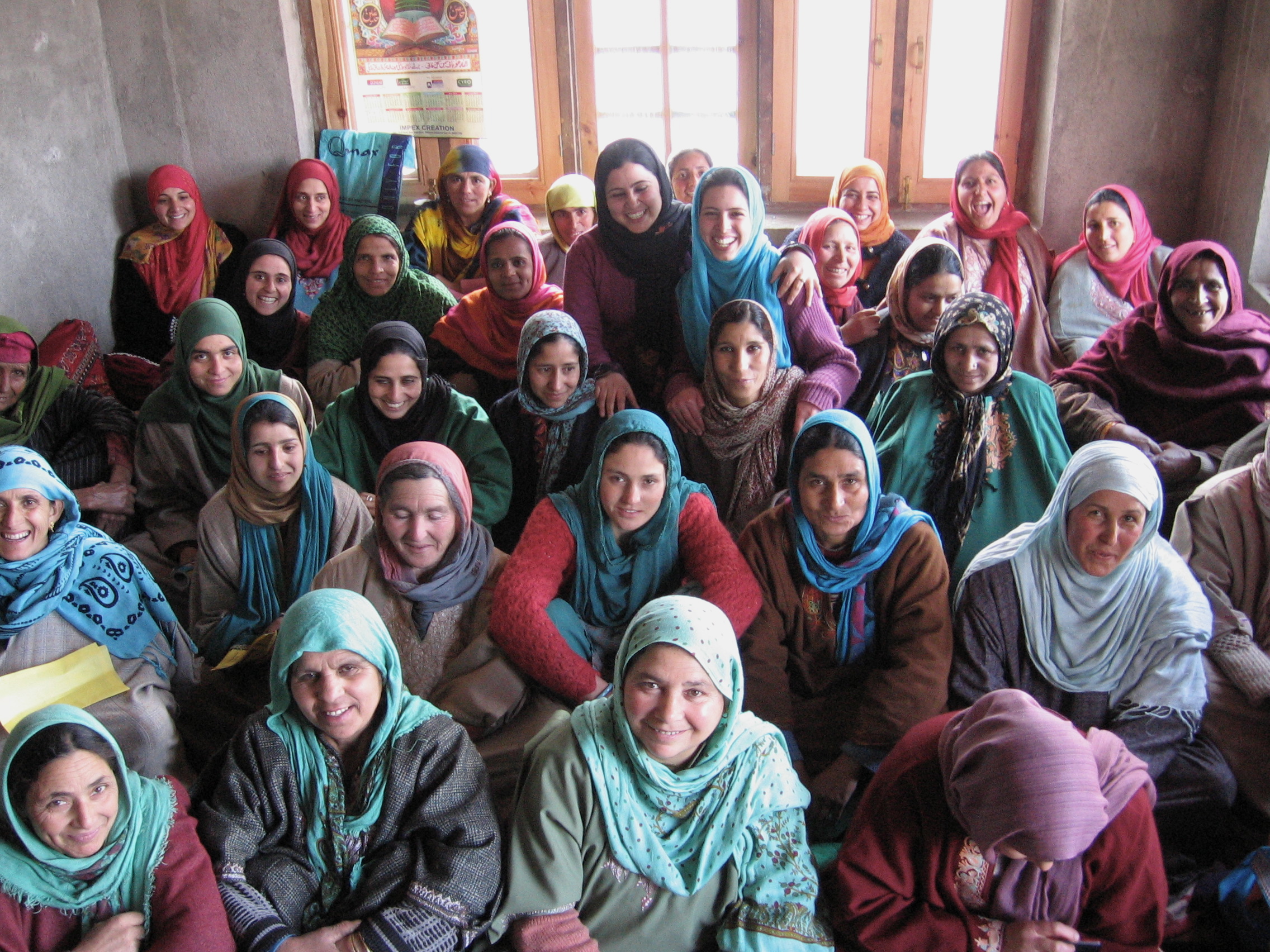Partners
Kashmir Lifeline
In 2015 Médecins Sans Frontière (MSF) published a ‘Kashmir Mental Health Survey’ which reported that 45% of the adult population of Kashmir was suffering from mental health conditions—predominantly depression, anxiety and Post Traumatic Stress Disorder (PTSD) related issues. Another study by NIMHANS and ActionAid estimated that 11.3% of the population had a mental health condition but few were able to access care. Due to a lack of mental health resources in the Kashmir Valley, psychiatric hospitals and clinics face a demand that they are unable to handle. There are other factors that prevent those in need of help from accessing mental health care, including severe winters , the persistent threat of violence and a high level of stigma. Years of conflict in Kashmir have fuelled traumatic levels of distress and unaddressed mental health issues as is often seen in communities subjected to similar extended periods of unrest and violence.
To address and mitigate some of these issues, Kashmir Lifeline’s care protocols are integrative, organic and built to provide complete mental health support to their clients. KLL adopts a two-pronged approach to mental health, offering both curative and preventive services. Curative services are designed for those living with mental health issues — and include a free and confidential telephone helpline, face-to-face counselling through the main clinic in Srinagar and outreach centers at government hospitals in three districts of Kashmir valley.
Psychiatrists in Kashmir usually follow the medico-pharmaceutical model and due to high caseloads, often do not have the time needed by patients. Kashmir Lifeline’s therapeutic services address this gap in service delivery. KLL team members are able to devote a session hour with each client on a weekly basis to understand and work with their concerns. In addition, the team is extensively trained in trauma-informed psychotherapeutic work with a focus on mental health and well-being. In combination with accessibly located outreach centers and a collaborative relationship with psychiatrists and other medical professionals in the Valley, KLL’s team delivers highly personalized support to their clients.
Kashmir Lifeline’s preventive services aim to reduce stigma and help communities in the region understand mental health. These services include integrating a mental health component within existing public health programs such as ICDS. For example, the project trains Anganwadi community workers to identify those in distress and provide primary mental health support. Other activities include community-level awareness activities and training programs for Out-Patient departments in hospitals, the Skills and Handicraft government department, paramedics, and ASHA community workers. Kashmir Lifeline also runs a ‘Young Minds’ program for children and young adults that—given the level of conflict in this region—includes awareness raising, psychoeducation, and intervention activities on anxiety, anger, and frustration. This is a preventative interactive program that has the potential to break the cycle of anxiety, frustration and anger experienced by the youth in the region. The program is built around effective interventions that are simple, easy-to-implement, and that reinforce coping skills.
